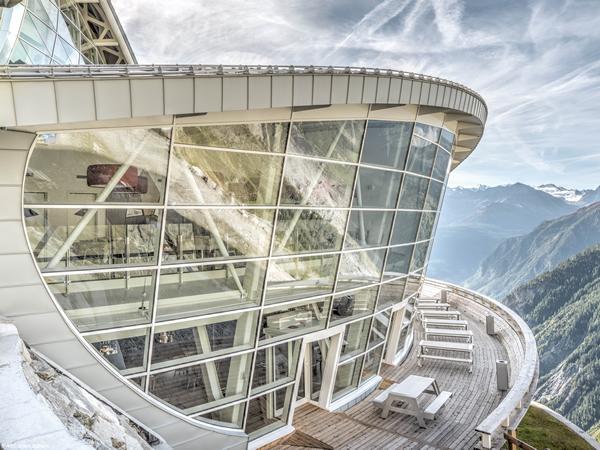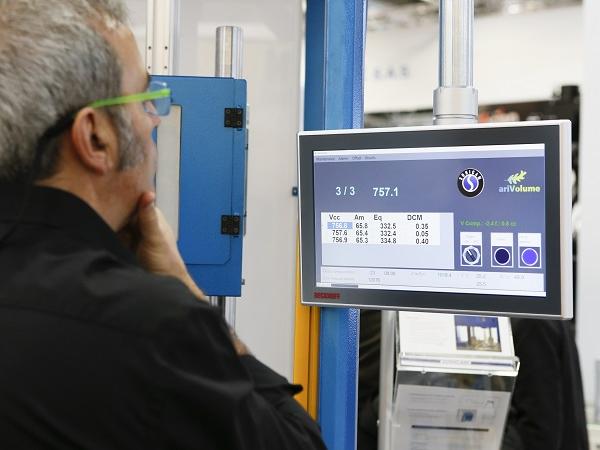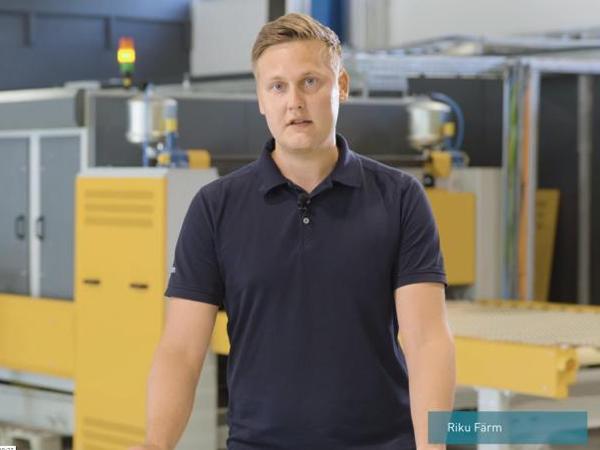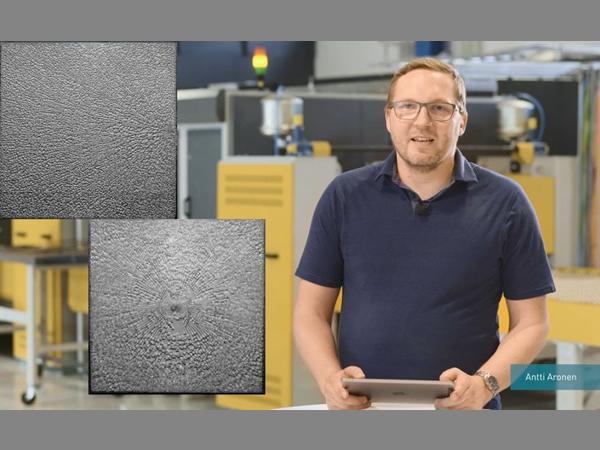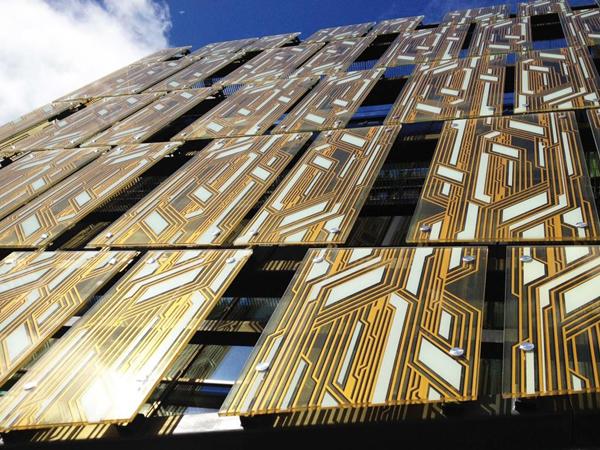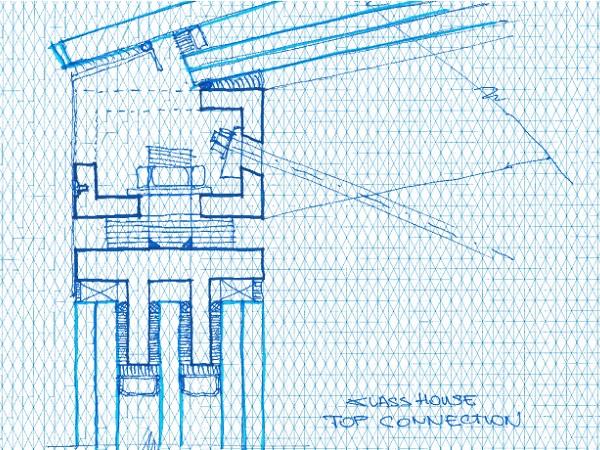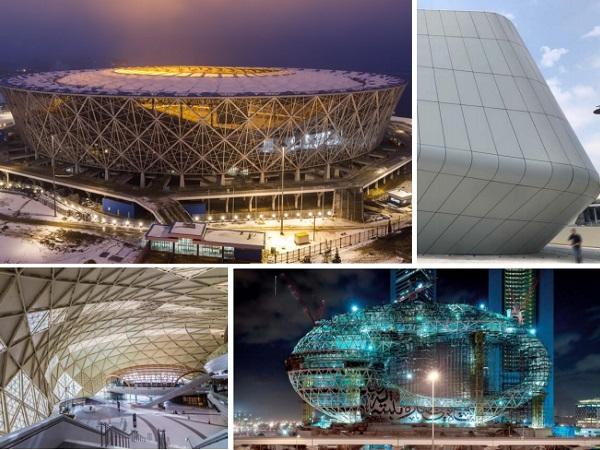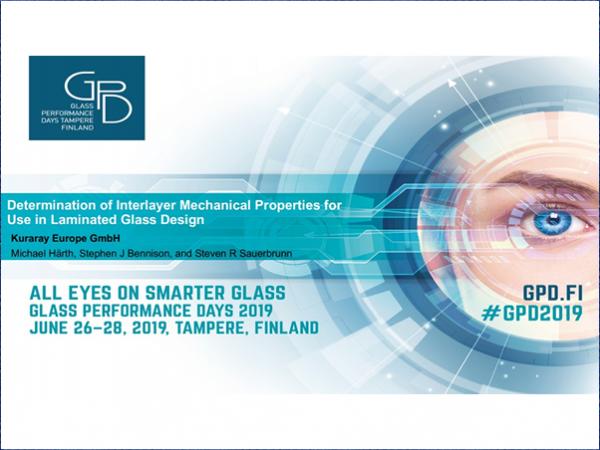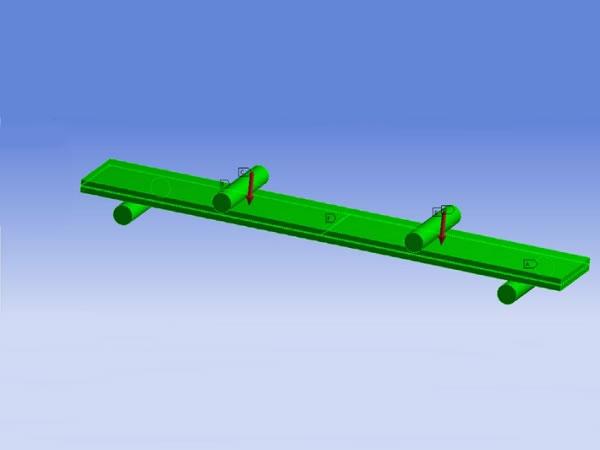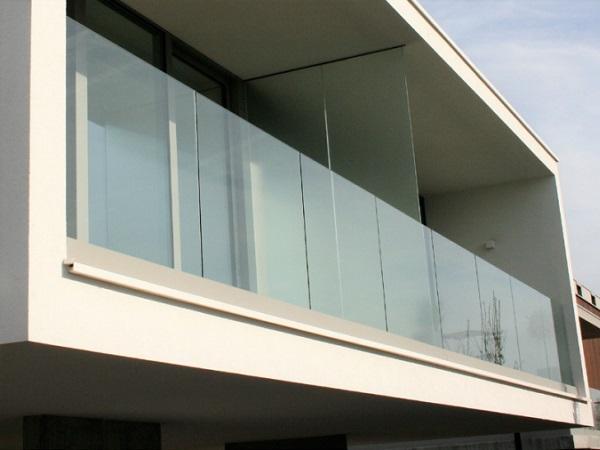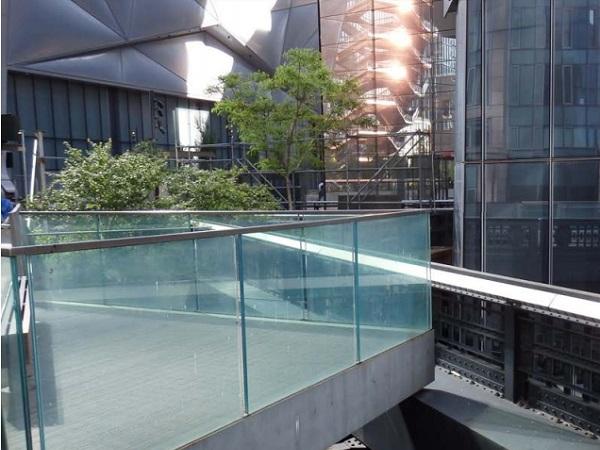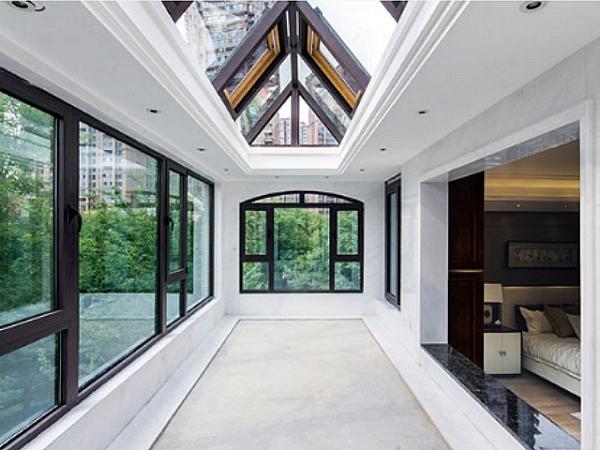Others also read
| Glaston is working hard to make tempering furnaces more automated.
| Held in Düsseldorf from 15 to 18 June 2021 glasstec will pick up on the latest glass trends related to shapes, formats and structures.
| Digitalisation is not only something for start-ups or major enterprises. It applies just as naturally to many skilled trade businesses.
| That’s an excellent question! It really is true that SentryGlass is more difficult to laminate in many aspects than standard PVB. But if we first think of what SentryGlass has been designed for, it is to give structural strength to the laminate.
| It is a very known behavior that the glass fragmentation depends on where you break the glass.
| Traditional uses of glass have been reinvented by two architectural firms, who artfully use glass and interlayers to achieve very different design goals.
| A comprehensive numerical investigation was carried out to understand the mechanical behavior of cold-bent insulating glass units during the bending process. The aim is to derive a basic understanding of the mechanical behavior of an IGU during the cold bending process.
| In this paper we will look at the potential of what is now a commonly used component in facade design - a load-bearing glass wall panel.
| The “One Single Model” approach rises as the best tool to manage complex buildings through the different engineering branches.
| We have seen rapid expansion in the last decade of laminated glass design using modern analytical and computational methods.
| Time-temperature superposition principle is widely used to generate interlayer modulus properties in the form of mastercurves for use in glass design.
| Historically, monolithic tempered glass has been primarily used in North America, but with the recent changes to the International Building Code (IBC 2015), laminates with heat strengthened or tempered glass are now required.
| This paper presents an evaluation of the use of annealed laminated glass incorporating the stiffer PVB interlayers.
| Cantilevered laminated glass balustrades supported by bearing in continuous base shoes are among the most ordinary applications of structural glass.
| This case study describes the façade performance of the 2nd tallest building in China, the Ping An International Finance Center (Ping An IFC), located in the city of Shenzhen.
| In this paper the mechanical and application properties of Sikaflex®-268, a high performance polyurethane adhesive are presented and compared to Sikasil® SG-500, a typical silicone adhesive used for structural glazing applications in facades.
| Decorative glass is limitless in design, colors, patterns, textures, and offers aesthetic brilliance in countless interior applications.
| The Surface Compression Stress (SC) data, collected by Stazione Sperimentale del Vetro, were analysed to compare the measurements carried out by Scalp-05 (Scattered Light Polariscope) and Laser Gasp (Strainoptics’ GASP® Polarimeter).
| This presentation offers a new perspective on limit device design and specifications especially due to construction phase and post-occupancy habits in urban environments.
| The structural sealant glazing (SSG) system was adopted in numerous skyscrapers glass facades since the mid 1980’s in Japan.
| Silicone sealants have been applied for more than 40 years to structurally bond glass onto steel or aluminium frames. One of the reasons is the unique resistance to weathering in normal assembly situations.
| Thin glass is the product of choice for electronic device displays. This glass is commonly expensive aluminosilicate glass whose properties are significantly enhanced when subjected to chemical tempering.
| Increasing demands on security in an uncertain world have to be considered additionally by the building industry. Nowadays, largesized glazing in the building envelope cannot disregard safety requirements.
| Since A.Zoller has proposed the idea of vacuum glass in 1913, vacuum glass technology become more and more mature from the last 100 years.
| This paper was first presented at GPD 2019 by Rebecca Hartwell and Dr. Mauro Overend from University of Cambridge, UK.


